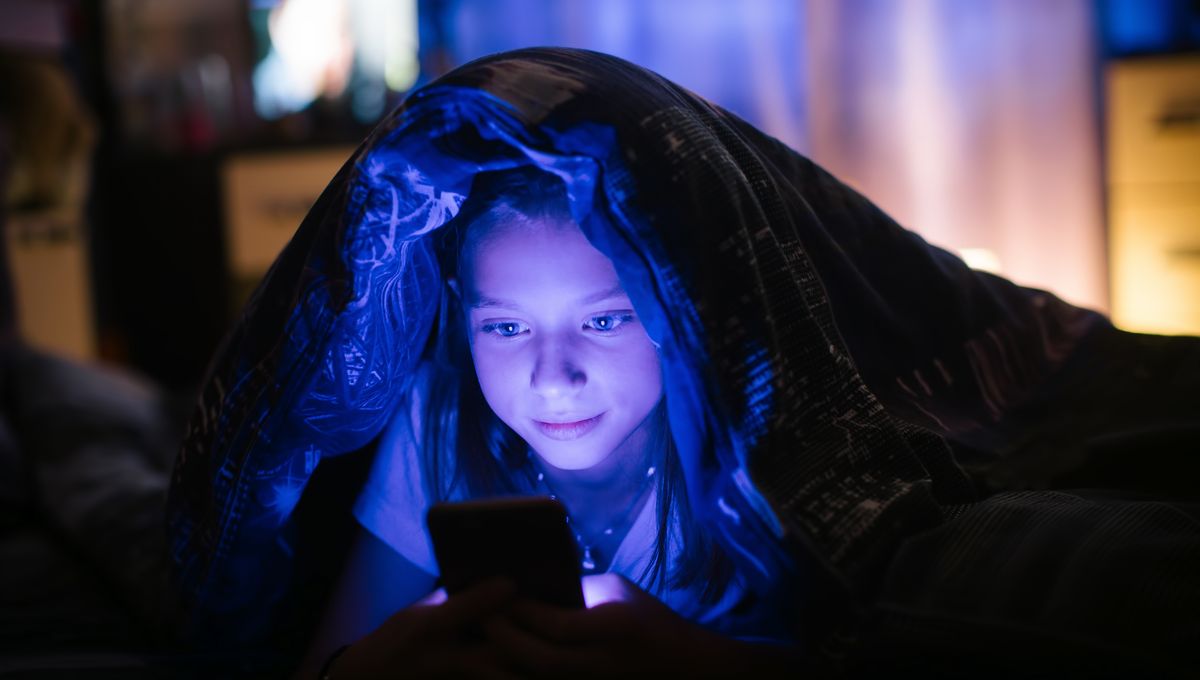
The use of social media has major impacts on people for better and for worse. Recently, Dr Vivek Murthy, the U.S. Surgeon General, issued an advisory on teens and social media use following a report from the American Psychological Association. Now, research suggests how different approaches to social media usage for teens can help them have better sleep patterns.
The work focused on the experiences of 10,280 children aged between 10 and 14 who were part of the Adolescent Brain Cognitive Development Study. They found that 15.5 percent of the kids reported at least several days of trouble falling or staying asleep in the previous two weeks.
The work also found that 16.9 percent reported being woken up by phone calls, text messages, or emails while sleeping at least once in the past week. And one in five went back on their phone or another device once they were woken up during the night. Concerning was that having a TV set or internet-connected device was associated with over a quarter (27 percent) of kids having trouble falling asleep or staying in dreamland.
“Adolescents may be hypervigilant to the sounds of phone notifications and immediately awaken to the sound of their phone,” lead author Dr. Jason Nagata, assistant professor of pediatrics at the University of California, San Francisco, said in a statement.
The research suggests some practical and evident approaches to improve sleep outcomes – which likely would help kids and adults alike. For example, less screen time just before bed, whether it is social media, TV, or video games, as well as not checking one’s phone when woken in the middle of the night – that was associated with a 34 percent higher risk of sleep trouble.
“Getting enough sleep is crucial for teenagers because it helps their body and mind grow and develop properly,” explained Nagata. “Our research found that keeping screens outside of the bedroom, turning off device notifications, and avoiding social media use in bed is associated with better sleep among adolescents. If you wake up during the night, don’t check your phone or social media.”
Again, advice that can be taken to heart not just by teenagers but by adults as well. Although IFLScience is unsure of the existence of any millennial who has the ringer ON on their phone.
“Adolescent development is a challenging time for many given the social pressures and physical, psychological, and emotional changes that occur,” added co-author Dr Kyle T. Ganson, assistant professor at the University of Toronto’s Factor-Inwentash Faculty of Social Work. “Understanding the centrality of social media and smartphones to this developmental process, and being present, is crucial for parents to their child.”
The study is published in Sleep Health.
Source Link: Better Sleep For Teens Can Be Achieved With Different Social Media Use